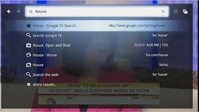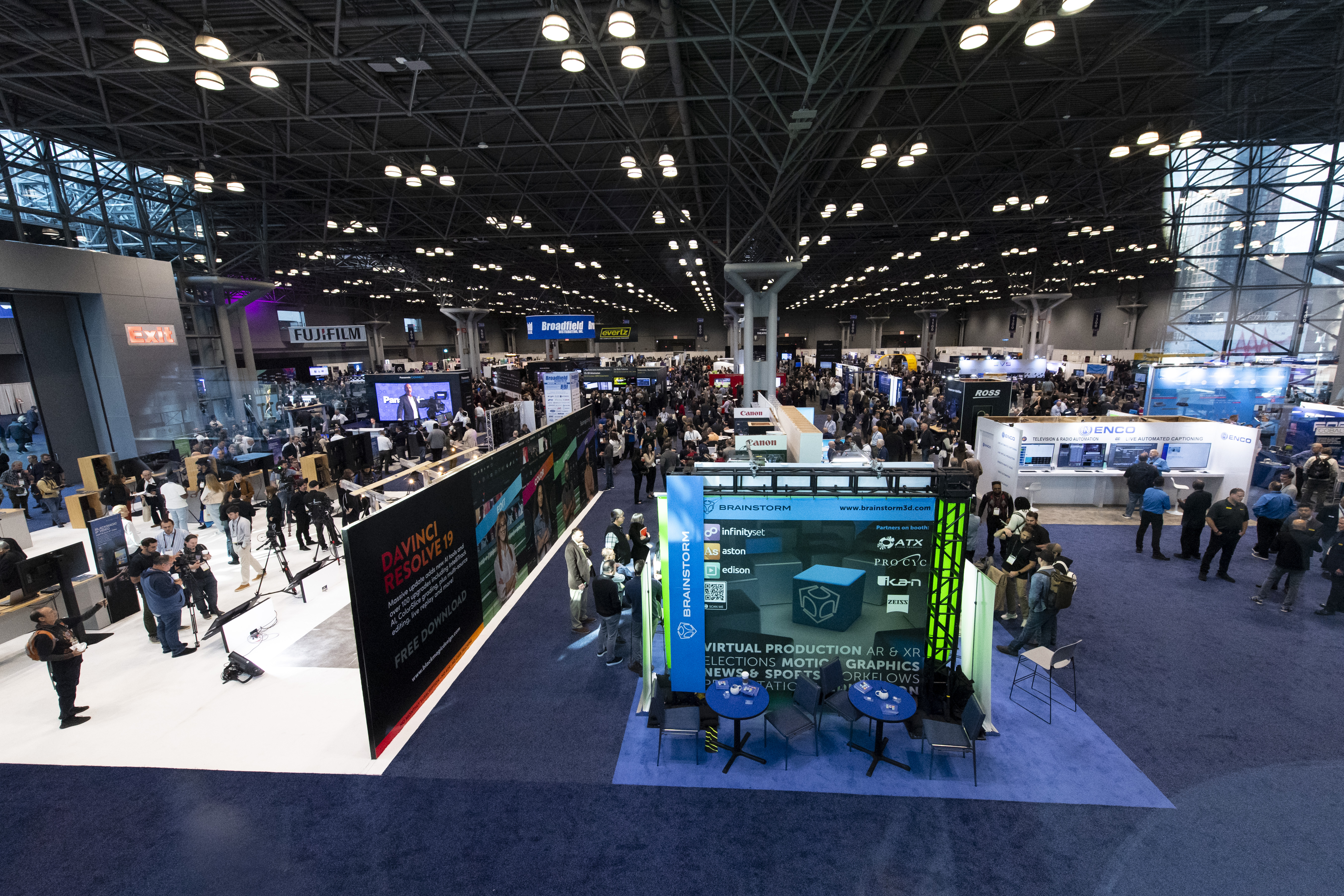Google and TV networks debate future of TV business model

Fearing Google is going to cannibalize the existing television business, America’s broadcast networks are now in serious negotiations with the company over its future plans to launch a new Internet-based television service.
Google is pressing the networks for their participation in Google TV, set for launch this fall. The service will allow viewers to watch and search cable, satellite and Web programming — as well as access regular Web pages — through TVs and set-top boxes that incorporate new Google software. Sony and Logitech are making the first devices.
The dispute highlights a common dilemma for media companies today. High-tech computer and manufacturing companies are embracing the Internet for television and are eager for new content. Traditional media companies are worried about their existing business models and whether they will weaken their standing in the industry by working with firms like Google.
In recent weeks, Google has met with officials of TV networks including ABC, CBS, Fox and NBC to encourage them to work with the new service. The networks remain skeptical, however, and are pressing Google for more details about how they plan to make money in the future.
Google executives want the networks to share data about their video websites to make it easier for users to search and display their shows in blended TV-Web listings. When a user searches for a show like ABC’s “Desperate Housewives,” for instance, Google’s software will list episodes scheduled to air on TV and airing at that moment, along with episodes and other related content online. Google believes more data will help it improve that search function.
Ultimately, Google wants to go much further with TV-Web integration than Apple, Microsoft and other companies in the field before it have done. The Google software aims to play any video that runs anywhere on the Web, from YouTube clips to full-length TV episodes that media companies distribute on their own sites.
This combining of the Web with commercial television has the networks and media content owners worried that their programming will get lost in a sea of programming, including pirated clips. The broadcasters are also worried that Google will gain too much control over online video advertising.
The professional video industry's #1 source for news, trends and product and tech information. Sign up below.
Google also wants content owners to adapt their Web video for larger screens. The Internet giant wants some TV-owned websites redesigned so that they display better on a bigger screen, with larger frames for the video and less text.
“While CBS is open to discussing additional ways to distribute our content, we need to have a firmer understanding of Google’s plans for monetizing the content that flows through Google TV before we accurately evaluate the opportunity,” Anthony Soohoo, senior vice president of entertainment at CBS Interactive, told the “Los Angeles Times.”
At stake is the growing realization of broadcasters that the Internet is merging with television, with or without Google. And, perhaps most troubling to the networks, is that the future is truly unknown. Even Google doesn’t yet know how it will make money on Google TV. The networks don’t know whether or not it eventually intends to compensate the studios and networks for the content.
Google TV is a “kind of an end-run around their control of signal, and that’s scary,” said Harold Vogel, president of media investment firm Vogel Capital Management. “Because if you don’t control the signal, then you can’t provide your own advertising. It really destroys the legacy business model.”
Google sees its role as harnessing the power of the Internet to improve television viewing. It’s an opportunity for the content owners to use the limitless storage capacity of the Web to make their libraries of programs available whenever someone wants to watch an old episode of “All in the Family” or classic films like “Breakfast at Tiffany's.”
“We want to use the Internet to change the television experience,” said Vincent Dureau, Google’s head of TV technology. “There’s no secret plan. We’re not designing a rocket that’s going to the moon. At the end of the day, the story’s simple. We’re putting a browser in the TV to enable a whole bunch of things that the studios and the networks are already doing today, but in a less disjointed fashion.”
Barton Crockett, a media analyst for Lazard Capital Markets, predicted Internet video would be the biggest thing to happen in the living room since the advent of digital video recorders. Within five years, television sets and set-top boxes that connect to the Web will be commonplace, he said.
“I understand being scared of Google. They are big, smart, powerful and disruptive. It makes them scary from the moment they enter the room,” Crockett said. “But they also represent the future.”
